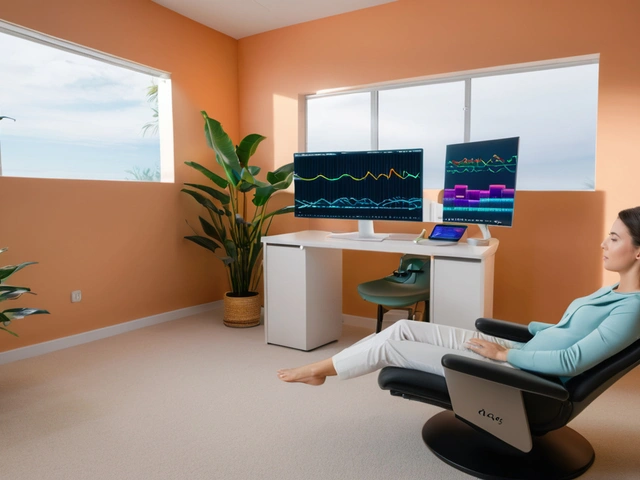Restful Sleep: Simple Habits for Better Nights
You spend about a third of your life asleep. Small changes to your evening and bedroom can turn restless nights into real rest. This is a practical guide with clear, doable habits you can try tonight—no weird gadgets, no long programs.
Build a simple sleep routine
Pick a wake-up time and stick to it every day, even weekends. Consistency trains your body clock and makes falling asleep easier at night. Aim to dim lights and lower activity about 60–90 minutes before bed. Try a short ritual: warm shower or bath, brush teeth, put on comfy clothes, and read a few pages of a book under soft light.
Stop caffeine at least six hours before bedtime. That means that late-afternoon coffee can still affect sleep. Keep evening meals lighter and avoid heavy, spicy foods within two to three hours of sleep. Alcohol may make you sleepy fast but it fragments sleep later—skip it close to bedtime.
Fix your sleep environment
Cool, dark, and quiet wins. Aim for 60–67°F (15–19°C) if you can. Use blackout curtains or an eye mask and try white noise or a fan if household sounds wake you. Invest in what matters: a comfortable mattress and pillow make a difference. Remove bright clocks and turn phones face down—or better, leave them outside the bedroom.
Limit naps to 20 minutes and avoid napping after 3 pm. If you exercise, do it earlier in the day; try to finish vigorous workouts two to three hours before bed. A short walk in the evening is fine and often helps clear your head.
When you can’t sleep, get out of bed after 20 minutes. Do a calm activity—read, stretch, or do simple breathing until you feel sleepy. Lying awake and checking the clock trains your brain to worry about sleep.
Try a quick relaxation tool: breathe in for four counts, hold for seven, breathe out for eight (4-7-8), or do progressive muscle relaxation—tense and release each muscle group from toes to head. Keep the lighting low during these exercises so your brain stays in ‘wind-down’ mode.
If worry keeps you up, use a 10-minute “worry journal” earlier in the evening. Write down the next steps you can take tomorrow and then close the notebook. That simple act often reduces late-night rumination.
If sleep problems last more than a month and leave you tired during the day, see a clinician. Persistent insomnia or loud snoring can be signs of treatable conditions. Most of the time, small, consistent habits make nights noticeably better—try one change at a time and see what works for you.
Top Relaxation Techniques for Better Sleep Quality
Enhancing sleep quality through relaxation techniques is essential in today's fast-paced world. Effective relaxation can help calm the mind, ease stress, and prepare the body for a restful night. This article explores various methods to improve sleep by integrating simple routines into daily life. Employing these strategies can offer profound benefits, leading to rejuvenated mornings. Discover how adopting relaxation techniques can transform your sleep and overall well-being.
View More





